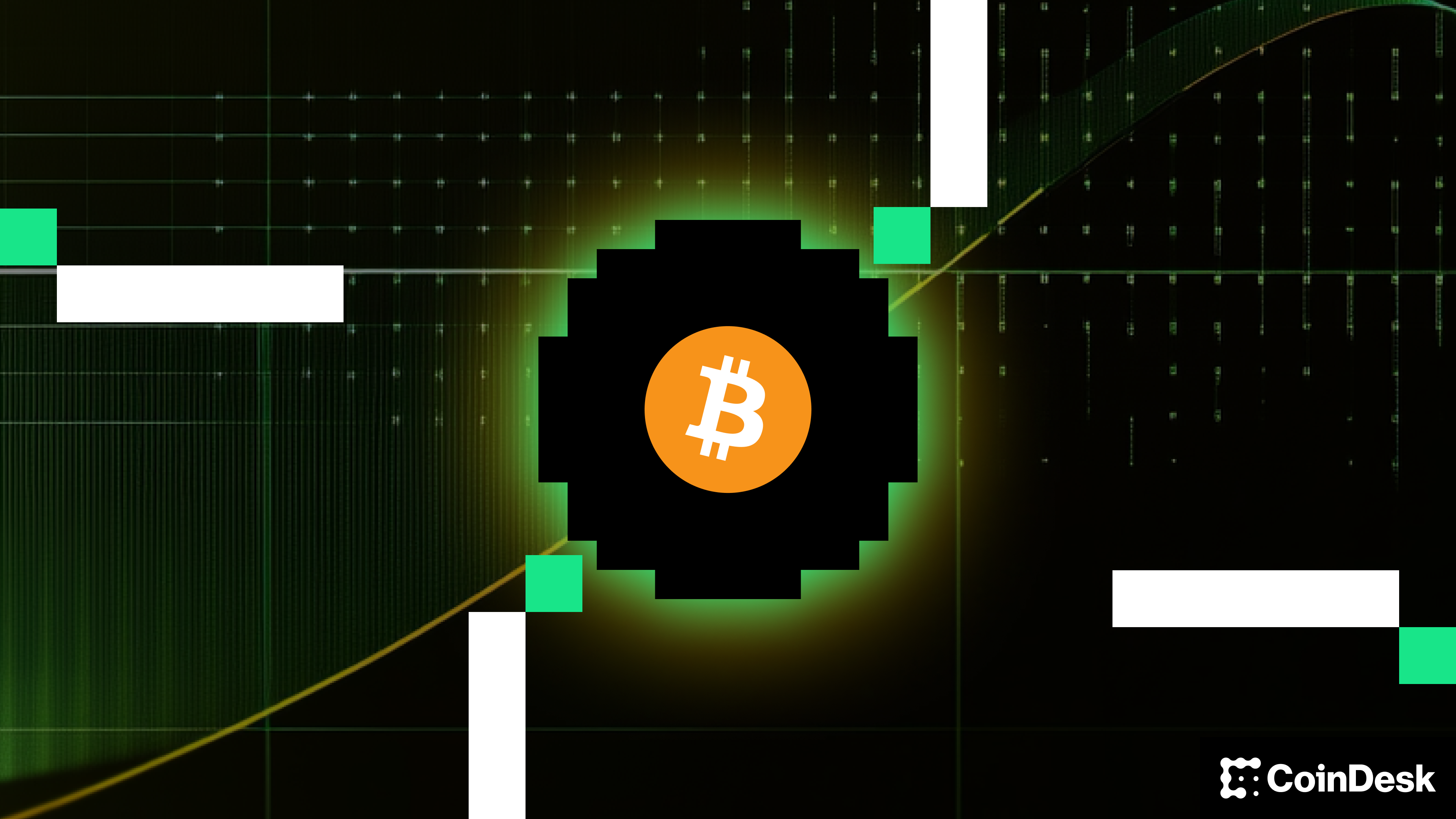Mt. Gox Bitcoin Refunds: A Decade-Long Saga Ends
More than a decade after the world's largest Bitcoin exchange, Mt. Gox, was hacked, creditors are finally due refunds. Here's what happened.
Mt. Gox, once the dominant Bitcoin exchange, was hacked in 2014, resulting in the theft of hundreds of thousands of Bitcoins. The exchange filed for bankruptcy, leaving thousands of users unable to access their funds.
The Journey to Refunds:
The journey to refunding Mt. Gox creditors has been long and complex. The process involved recovering stolen Bitcoin, liquidating assets, and establishing a distribution plan.
Key Milestones:
- 2014: Hack and bankruptcy filing.
- 2017: Recovery of a significant portion of the stolen Bitcoin.
- 2019: Proposal for a rehabilitation plan.
- 2023: Distribution of funds to creditors.
Impact of the Mt. Gox Hack:
The Mt. Gox hack had a significant impact on the Bitcoin industry. It highlighted the security risks of cryptocurrency exchanges, raised awareness about the importance of cold storage, and spurred innovation in exchange security.
The Future of Bitcoin Security:
The Mt. Gox saga underscores the importance of security in the cryptocurrency space. Exchanges and users must continue to adopt best practices for protecting digital assets, including multi-signature wallets, cold storage, and regular security audits.








Comments
Join Our Community
Sign up to share your thoughts, engage with others, and become part of our growing community.
No comments yet
Be the first to share your thoughts and start the conversation!